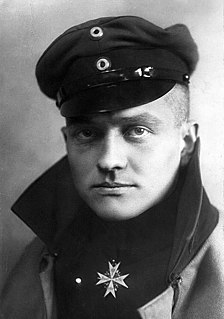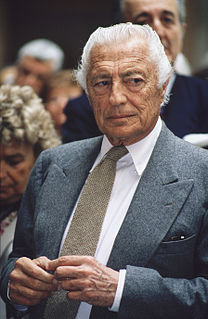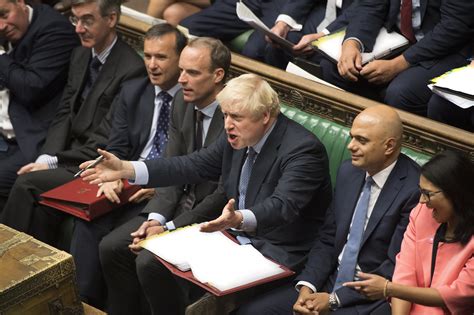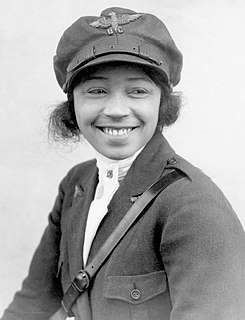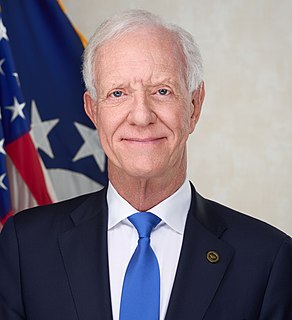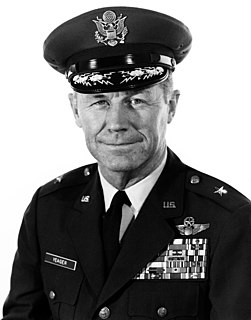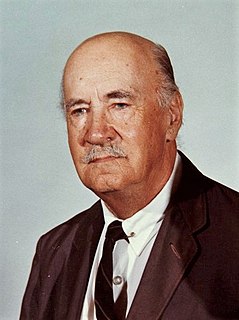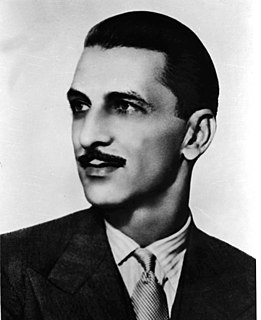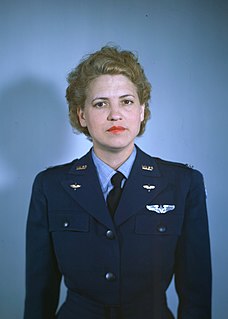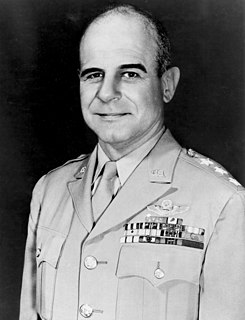A Quote by Manfred von Richthofen
All the papers contained nothing but fantastic stories about the war. However, for several months we had been accustomed to war talk. We had so often packed our service trunks that the whole thing had become tedious.
Related Quotes
In 1793 such a force as no one had any conception of made its appearance. War had again suddenly become an affair of the people, and that of a people numbering thirty millions, every one of whom regarded himself as a citizen of the State... By this participation of the people in the war... a whole Nation with its natural weight came into the scale.
I can't say with certainty that slavery would have ended more quickly and more completely if the South had been allowed to leave and escaped former slaves had been allowed to remain free, and the North and the rest of the world had been a positive influence on the South. However, it's certainly a possibility that it would have ended sooner if the southern slave owners had agreed to a system of compensated emancipation and freed the slaves without a war and without secession, as most nations that ended slavery did. That absolutely would have been preferable to the Civil War as it happened.
What I also discovered was that, during the War, the whole of Europe had become a fortress. And thus I saw to what extent an immense territory, a whole continent, had effectively been reorganized into one city, and just like the cities of old. From that moment on, I became more interested in urban matters, in logistics, in the organisation of transport, in maintenance and supplies.
